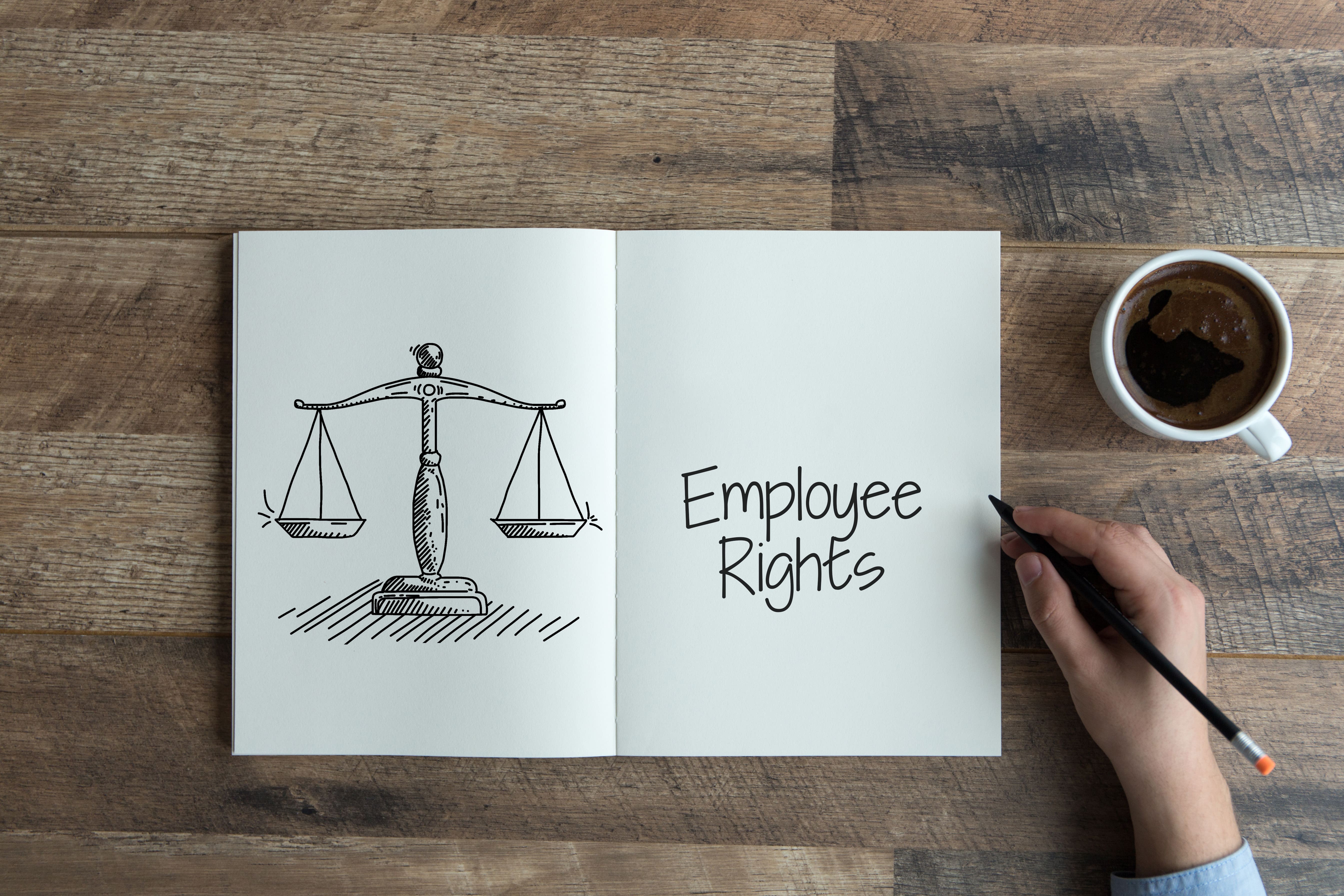Workplace injuries are far more common than you may first think. According to the Bureau of Labor Statistics, in 2019, private industry employers reported 2.8 million nonfatal workplace injuries and illnesses. So, you aren't alone, and there are ways to help you move forward, particularly if you file for workers' compensation.
Before you file a claim though, always speak with your doctor. They can help you get treatment and feel better faster, even for problems you may not feel right away.
However, workplace injuries can result in costly medical expenses and time missed from work. This makes taking time to rest and heal even harder. That’s why workers' compensation programs were created, to assist you with:
- Medical costs.
- Wage replacement benefits.
- Rehabilitation.
- And more.
Every state has its own workers' comp guidelines, so make sure you follow the rules specific to your state. An attorney who is familiar with your state's laws can give you the peace of mind to let you focus on feeling better. Find a qualified workers' compensation attorney in your area with Accident.com.
There are time limitations to file for workers' compensation though, so time is of the essence. To get you started, here are some important items you should know.
Report Your Accident or Illness as Soon as Possible
Be sure to report your injury or illness to your boss or Human Resources department as soon as you can. Each state has different time limitations for filing workers' comp, so don't delay. For example, in California, you must report your injury or illness to your boss within 30 days, while Tennessee only allows 15 days. Missing that time frame could result in an automatic denial of your claim.
After you've told your employer about the injury, most states require that your employer notify the state workers' compensation insurance department. Though, as before, the deadlines vary by state. Vermont requires the employer to report the injury to workers' comp within just 72 hours of you notifying your boss. Other states like Nevada give your employer six days to complete and file the form.

Report Any Work Injury or Illness, No Matter How Small
For smaller injuries like scrapes or sprains, you may think, "I'm not that hurt. I don't need to file for workers' compensation." Yes, you do!
Report any work injury or illness, even if it doesn't seem like a big deal. Although you may feel okay, have a doctor examine you. Let them confirm whether the injury is serious or requires treatment. It's better to be certain that you're safe and healthy.
After all, serious injuries can start out with smaller symptoms, and many smaller injuries can become serious if they aren't treated. Get first aid at your job and then seek a professional's medical opinion. For even the most minor injuries and illnesses, also ensure that your employer has a record of the incident soon after it happened. This record will only help you with your claim should your small problem turn into a bigger concern.
Medical records will also support your claim for workers' compensation. In fact, some states like Vermont require a written doctor’s note in order to claim wage loss benefits, even if you just miss a short amount of time from work.
How to File for Workers' Compensation
In most states, you don't file the claim directly. Instead, you report it to your boss or HR department, who will give you a form to fill out. They then complete their portion of the form and submit it on your behalf to the workers' compensation insurance.
Some common information requested as a part of the form:
- Name and address.
- Date and location of the injury.
- Brief description of the injury.
While all states have a different approach for processing and reviewing workers' comp claims, here's a brief overview of the usual steps of a claim:
- Employee will report the claim to their employer.
- Employer will file for workers' compensation with the insurance carrier.
- The insurance carrier will report the claim to the associated state department.
- The insurance carrier will accept or deny your claim only after speaking with you, your doctors and your employer.
After your report is filed, your employer or insurance carrier may recommend a doctor to see for treatment. In many states such as California and Texas, your workers' compensation insurance provider will offer a list of approved doctors in their medical provider network to choose from. If you get medical care from doctors who aren't approved the workers' comp insurance could deny benefits. An attorney can help you navigate these details to ensure you set yourself up to receive the best claim.
Speak With an Attorney
Because each state has different workers' comp laws, understanding all of the rules and regulations can be hard, particularly when you're injured, sick and stressed. Additionally, healthcare and wage loss costs are a big hit to the carrier's profit, so they'll push to get you back to work so they can close the claim. An attorney versed in these laws can help you fight for your rights and ensure you get the time and resources you need. A workers' compensation attorney can:
- Help you understand the laws specific to your state.
- Ensure you get the full benefits to which you're entitled.
- Work on your behalf to file disputes if a claim is denied.
Contact Accident.com to find an attorney in your area. Don't hesitate - remember the time limitations to file for workers' compensation are short!
.png)





